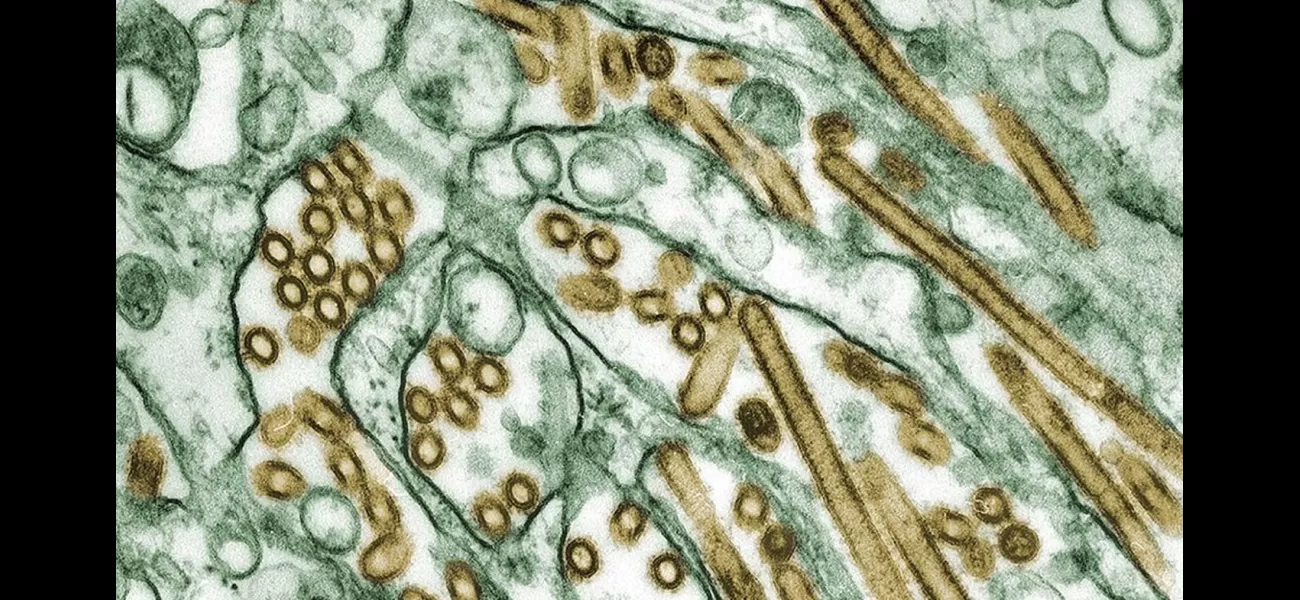Avian flu found at home in Australian Capital Territory.
The virus has been discovered at a second location in the territory.
July 5th 2024.

There has been a recent outbreak of bird flu in the ACT, where chickens at a residential property have tested positive for the virus. This is the second location in the territory where the virus has been detected. According to Environment, Parks and Land Management Minister Rebecca Vassarotti, the infected property is within the quarantine zone that was established after the first case was reported at a commercial farm on June 27.
In a statement, Vassarotti expressed her gratitude to the residents for promptly taking measures to prevent the spread of the virus among other birds in the area. She also acknowledged that while it is disheartening to have a second case, it is not unexpected. Similar to other regions in the country, this is unfortunately the reality of dealing with a highly contagious virus.
The initial case in the ACT has been linked to the outbreak in New South Wales, where two farms in the Hawkesbury region were affected last month. Additionally, bird flu has been confirmed in eight poultry farms in Victoria, although with strains different from those found in NSW and the ACT. As a result, major supermarkets have implemented limits on egg purchases due to disturbances in the supply chain. However, authorities have reassured the public that eggs and chicken meat are still safe for consumption.
It is crucial for bird owners in the quarantine area to be vigilant for any signs of the disease, according to Vassarotti. She emphasized that avian influenza spreads easily from sick birds to other properties, as well as through contaminated equipment and vehicles if proper biosecurity measures are not in place. She also noted that wild birds may carry the virus, making it essential for bird owners to be aware of the restrictions in place to protect their birds.
Some practical steps that can be taken include avoiding contact between domestic and wild birds, washing hands after handling birds, covering chicken coops, keeping them clean, and removing any potential attractants for wild birds in the yard. Vassarotti stressed that biosecurity is a shared responsibility and that taking small actions can help safeguard pet birds and native wildlife.
In conclusion, the recent detection of bird flu in chickens at a residential property in the ACT highlights the risk of a highly transmittable virus. While it may be disappointing to see a second case, authorities are working diligently to contain the outbreak and urge bird owners to take necessary precautions to protect their birds and prevent further spread of the virus.
In a statement, Vassarotti expressed her gratitude to the residents for promptly taking measures to prevent the spread of the virus among other birds in the area. She also acknowledged that while it is disheartening to have a second case, it is not unexpected. Similar to other regions in the country, this is unfortunately the reality of dealing with a highly contagious virus.
The initial case in the ACT has been linked to the outbreak in New South Wales, where two farms in the Hawkesbury region were affected last month. Additionally, bird flu has been confirmed in eight poultry farms in Victoria, although with strains different from those found in NSW and the ACT. As a result, major supermarkets have implemented limits on egg purchases due to disturbances in the supply chain. However, authorities have reassured the public that eggs and chicken meat are still safe for consumption.
It is crucial for bird owners in the quarantine area to be vigilant for any signs of the disease, according to Vassarotti. She emphasized that avian influenza spreads easily from sick birds to other properties, as well as through contaminated equipment and vehicles if proper biosecurity measures are not in place. She also noted that wild birds may carry the virus, making it essential for bird owners to be aware of the restrictions in place to protect their birds.
Some practical steps that can be taken include avoiding contact between domestic and wild birds, washing hands after handling birds, covering chicken coops, keeping them clean, and removing any potential attractants for wild birds in the yard. Vassarotti stressed that biosecurity is a shared responsibility and that taking small actions can help safeguard pet birds and native wildlife.
In conclusion, the recent detection of bird flu in chickens at a residential property in the ACT highlights the risk of a highly transmittable virus. While it may be disappointing to see a second case, authorities are working diligently to contain the outbreak and urge bird owners to take necessary precautions to protect their birds and prevent further spread of the virus.
[This article has been trending online recently and has been generated with AI. Your feed is customized.]
[Generative AI is experimental.]
0
0
Submit Comment





